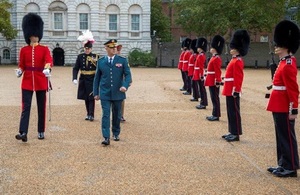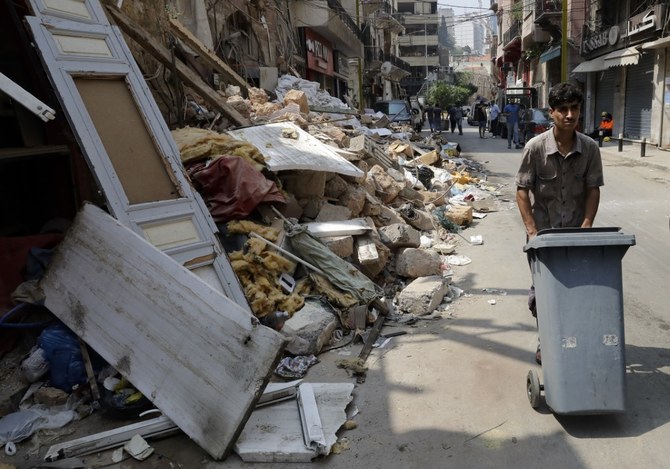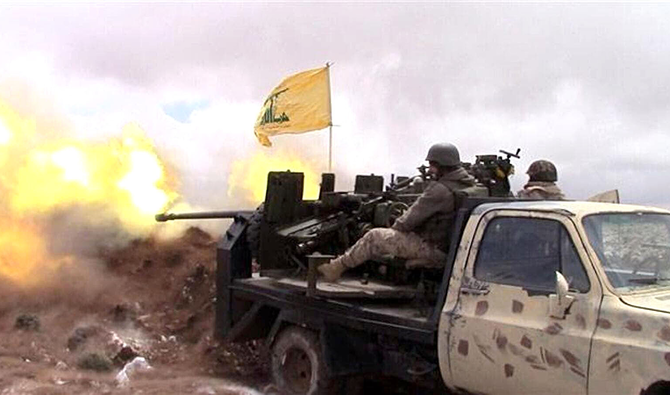
by gov.uk — During his visit to the United Kingdom at the invitation of the UK Chief of Defence Staff General Sir Nick Carter, Lebanese Army Commander General Joseph Aoun alongside General Sir Carter met with Rear Admiral Simon Asquith, Commander Operations for the Royal Navy, Mr David Quarrey, the Prime Minister’s International Affairs Adviser and Deputy National Security Adviser, and other senior Defence and security officials. The visit was an opportunity to appreciate the UK’s support to Lebanon and its army. Discussions focused on UK support to the LAF and ways to expand the partnership to fight terrorism and support land and sea border security. Discussions also covered the LAF’s role in protecting human rights and the right to peaceful protest, and the importance of the LAF upholding the highest standards and being transparent as a general principle in implementing all his missions. At the end of the visit Chief of Defence Staff General Sir Nick Carter said:
The Lebanese and UK Armed Forces have a long and proud history of working together. As part of today’s visit we discussed how best we can continue to build on our Defence relationship. Our personnel continue to serve and train alongside each other and we remain committed to providing support in the region on countering extremism and reinforcing border security. Lebanese Army Commander General Joseph Aoun expressed his deep thanks to his British counterpart for his invitation, reiterating the strong relationship between both armies and expressed his confidence in continuing cooperation in the interest of the two friendly countries: This visit is to thank the United Kingdom for its effective participation in supporting border security, and to reinforce cooperation and work towards continued support to the Lebanese Armed Forces amidst the huge challenges facing it, especially in fighting terrorism and border security.










